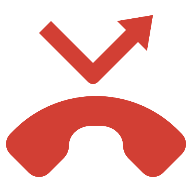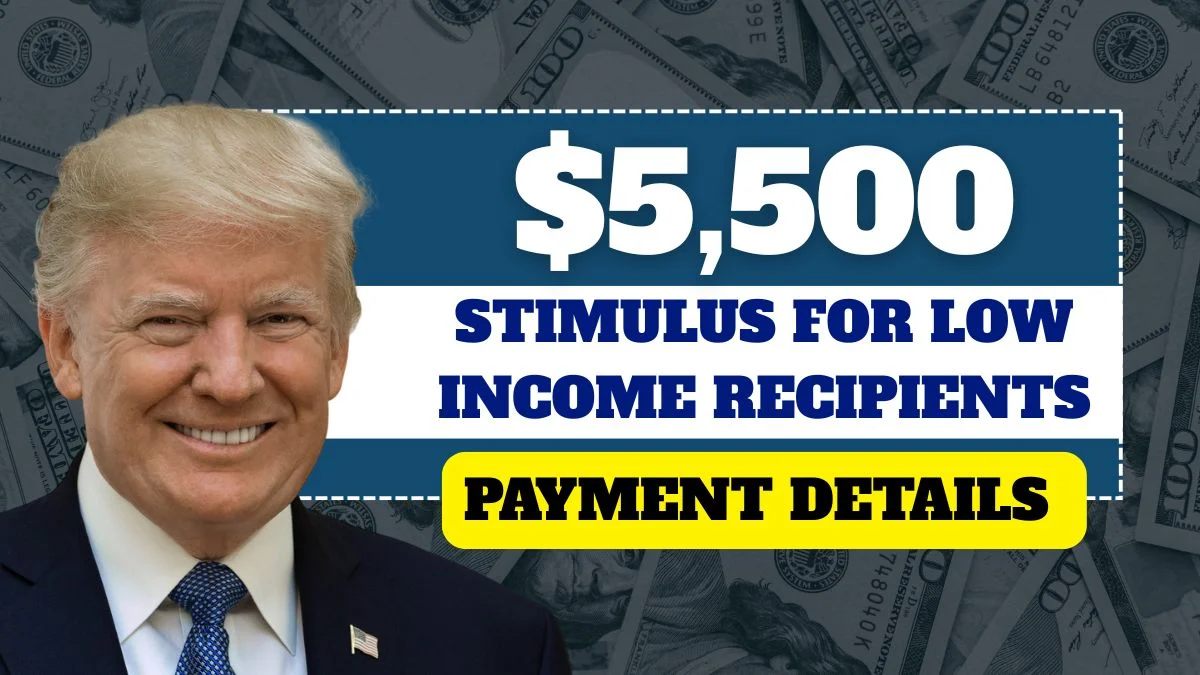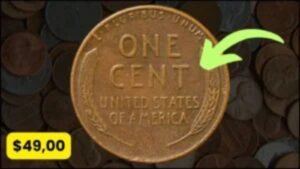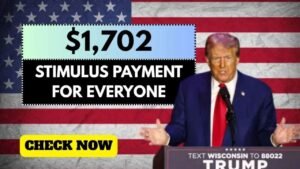Millions of Americans could soon see a major financial boost. A new $5,500 stimulus payment has been approved, targeting seniors, Social Security beneficiaries, and low-income households. For many struggling with high costs of living, this check is more than relief — it’s a lifeline.
What Is the $5,500 Stimulus Payment?
The $5,500 stimulus check is direct financial aid designed for people on SSI (Supplemental Security Income), SSDI (Social Security Disability Insurance), and low-income benefits.
Unlike previous stimulus programs, this package offers one of the largest one-time payments in recent history. For seniors, disabled individuals, and families living paycheck to paycheck, this payout provides much-needed stability.
Why This Stimulus Matters in 2025
Rising rent, groceries, and healthcare costs have left millions struggling to cover essentials. For retirees and disabled individuals living on fixed incomes, $5,500 could mean the difference between falling behind on bills and staying afloat.
This payment is not just money in the bank — it’s a step toward financial security during uncertain times.
Payment Dates Confirmed
The official stimulus payment schedule has been released. Here’s when you can expect your check or deposit:
| Group | Payment Date | Notes |
|---|---|---|
| SSI Recipients | August 28, 2025 | Direct deposit or mailed checks |
| SSDI Beneficiaries | September 3, 2025 | Based on Social Security birth date cycle |
| Low-Income Families | September 10, 2025 | Payments coordinated through states |
📌 Tip: Direct deposit is the fastest way to receive your funds. Paper checks may take longer.
Who Qualifies for the $5,500 Stimulus?
Eligibility is straightforward. You qualify if you are:
- Receiving SSI benefits
- Receiving SSDI benefits
- Part of a low-income household (based on state guidelines)
Some states may also add bonus payments on top of the $5,500 federal amount.
How Americans Can Use the $5,500 Check
The money is flexible — you can use it however you need. Here are common ways households may spend it:
| Use of Funds | Immediate Benefit | Long-Term Effect |
|---|---|---|
| Rent & Utilities | Prevents eviction, keeps lights on | Greater housing stability |
| Medical Expenses | Covers prescriptions & care | Improved health security |
| Debt Repayment | Reduces high-interest balances | Less financial stress |
| Emergency Savings | Creates a safety net | Peace of mind |
Important Facts About the Stimulus
- One of the largest one-time stimulus checks in U.S. history
- Payments will reach tens of millions of eligible Americans
- Direct deposit arrives faster than paper checks
- First payments begin August 28, 2025
Expert Tips to Avoid Delays or Scams
- ✅ Set up direct deposit with Social Security for faster payments
- ✅ Check eligibility through SSA or IRS official portals
- ❌ Never share personal banking details over the phone — the government will not call you to confirm information
- ✅ If your payment is delayed, verify your status directly with SSA or IRS websites
Frequently Asked Questions (FAQs)
Q: Do I need to apply for the $5,500 stimulus?
No. Payments are automatic if you already receive SSI, SSDI, or qualify as low-income.
Q: Can working individuals qualify?
Yes, if their income falls under the low-income threshold.
Q: What if I don’t receive my payment?
Check your SSA or IRS account to track deposits. Contact them directly if there are delays.
Q: Will there be more stimulus payments after this one?
Possibly. Future relief packages depend on economic conditions.
Final Thoughts
The $5,500 stimulus check for SSI, SSDI, and low-income Americans provides real hope during a time of rising costs. With payment dates confirmed, families can start planning how to best use this money.
For many, this isn’t just financial aid — it’s a chance at stability, security, and a fresh start.




